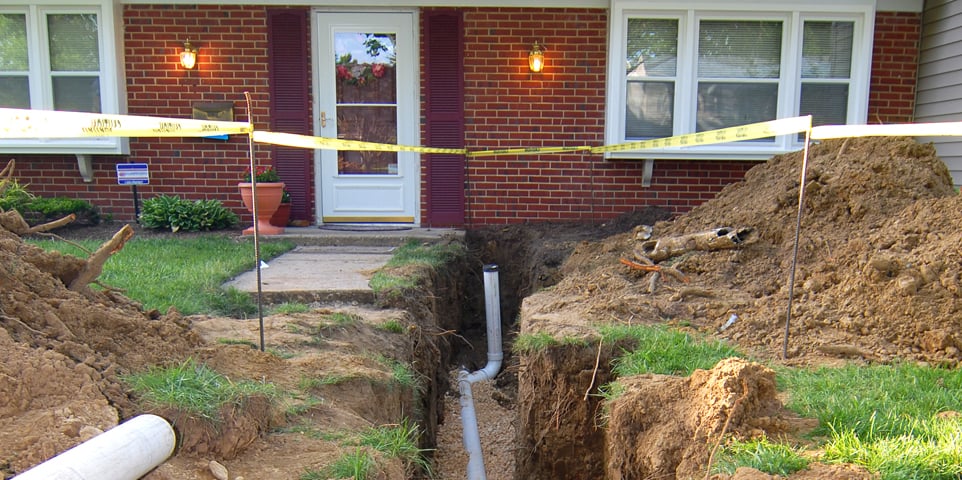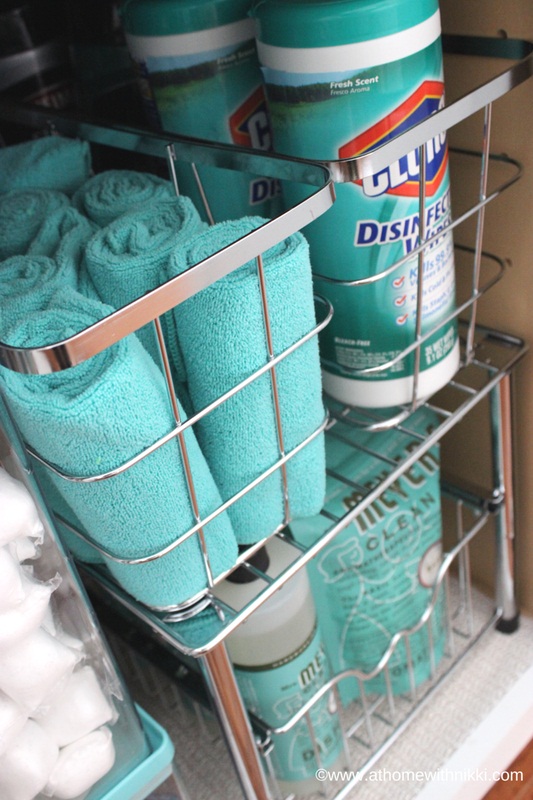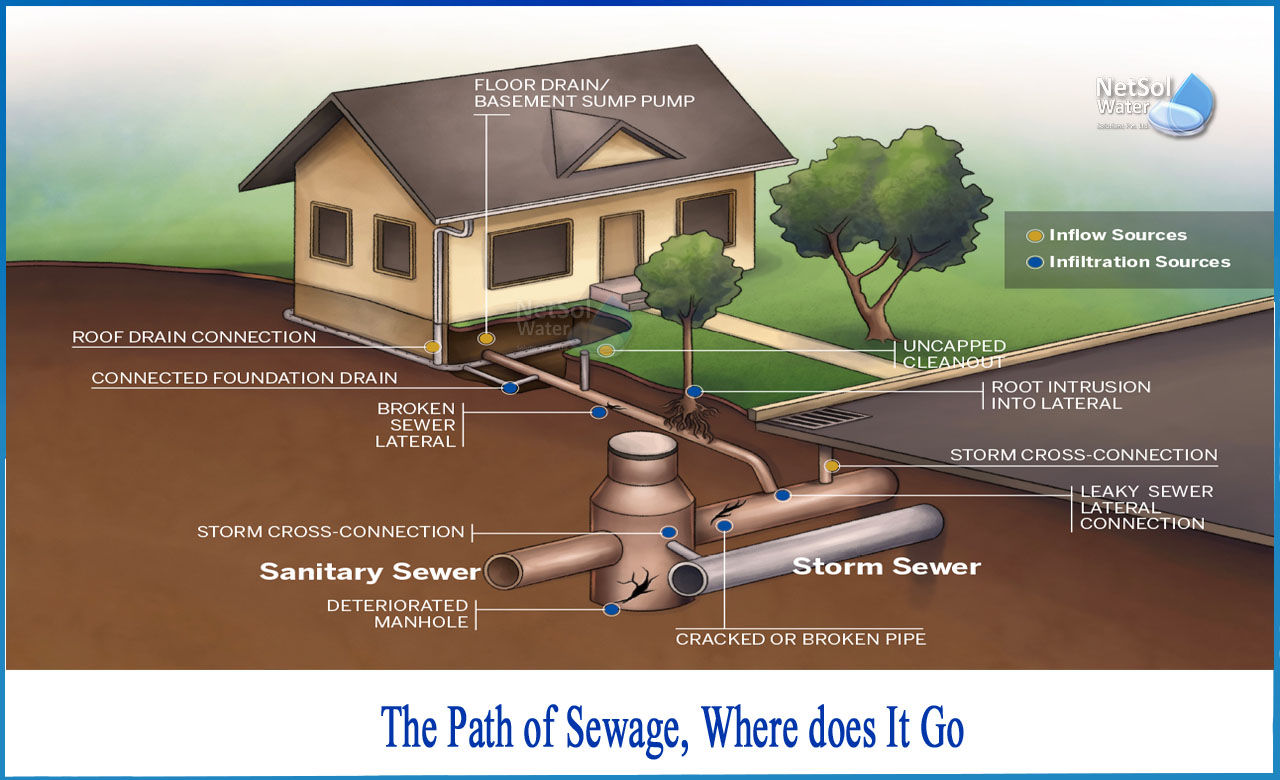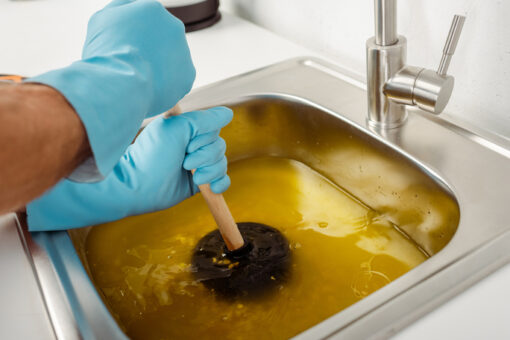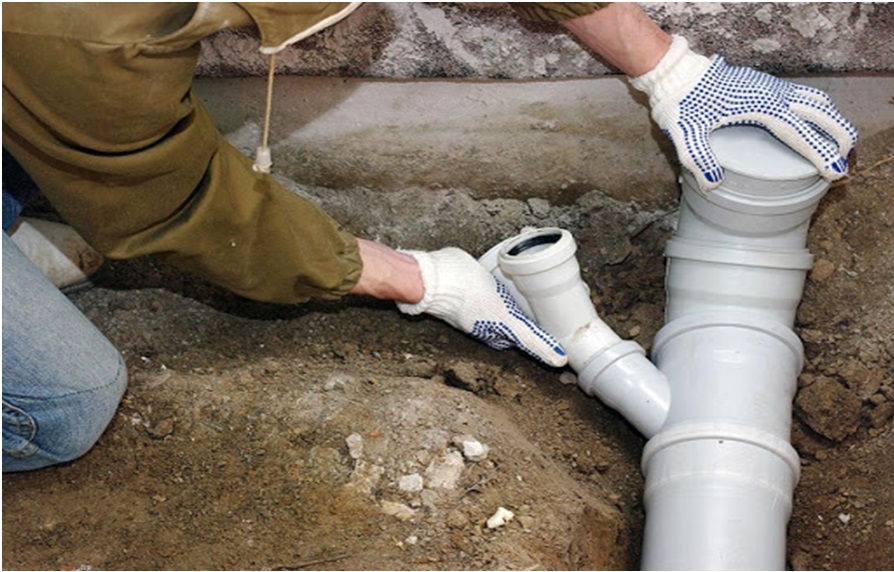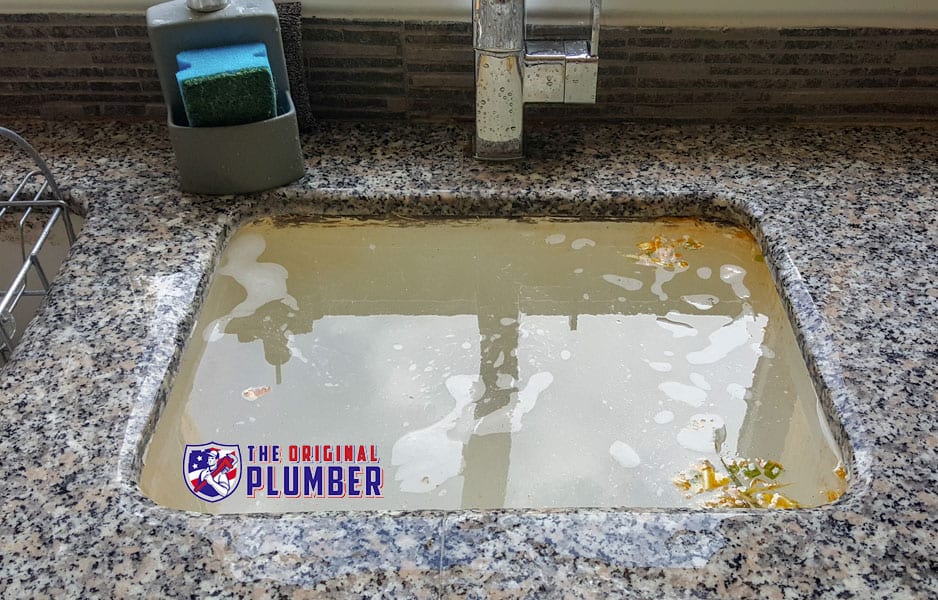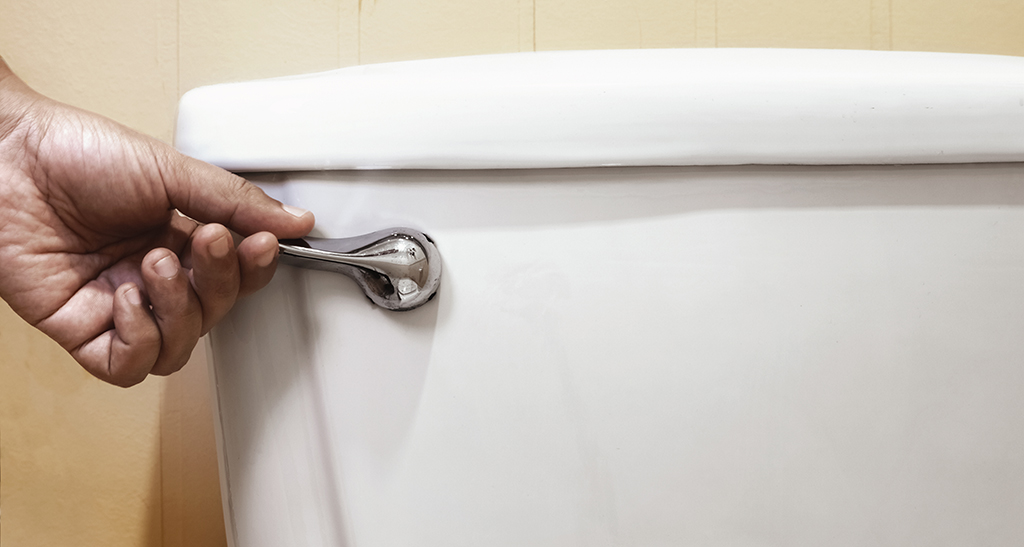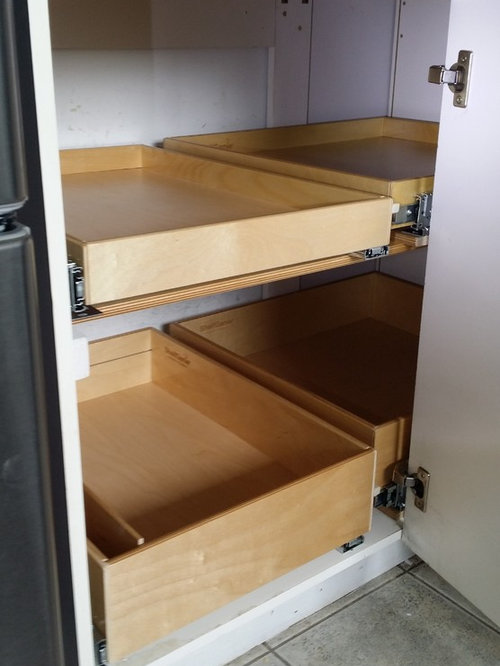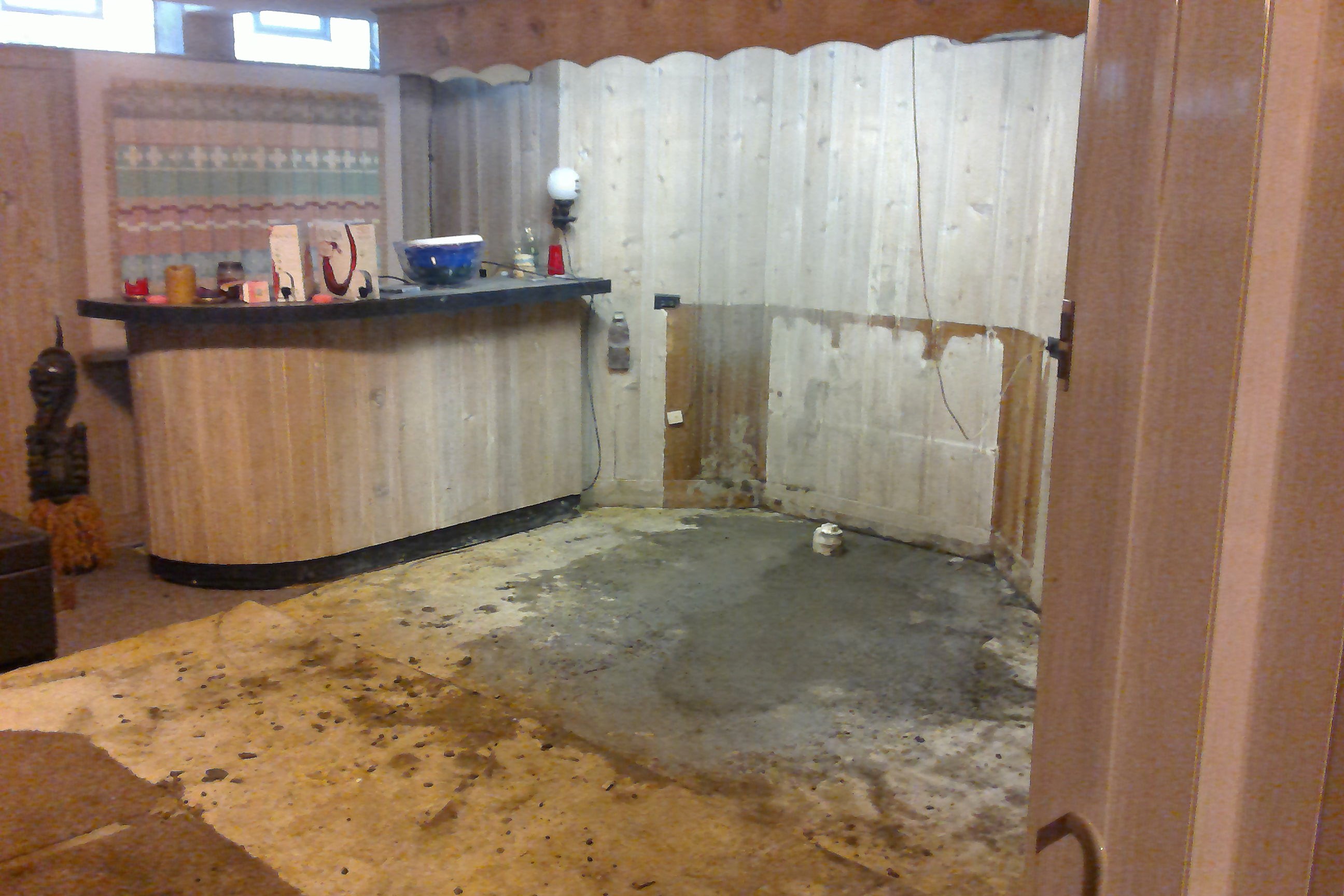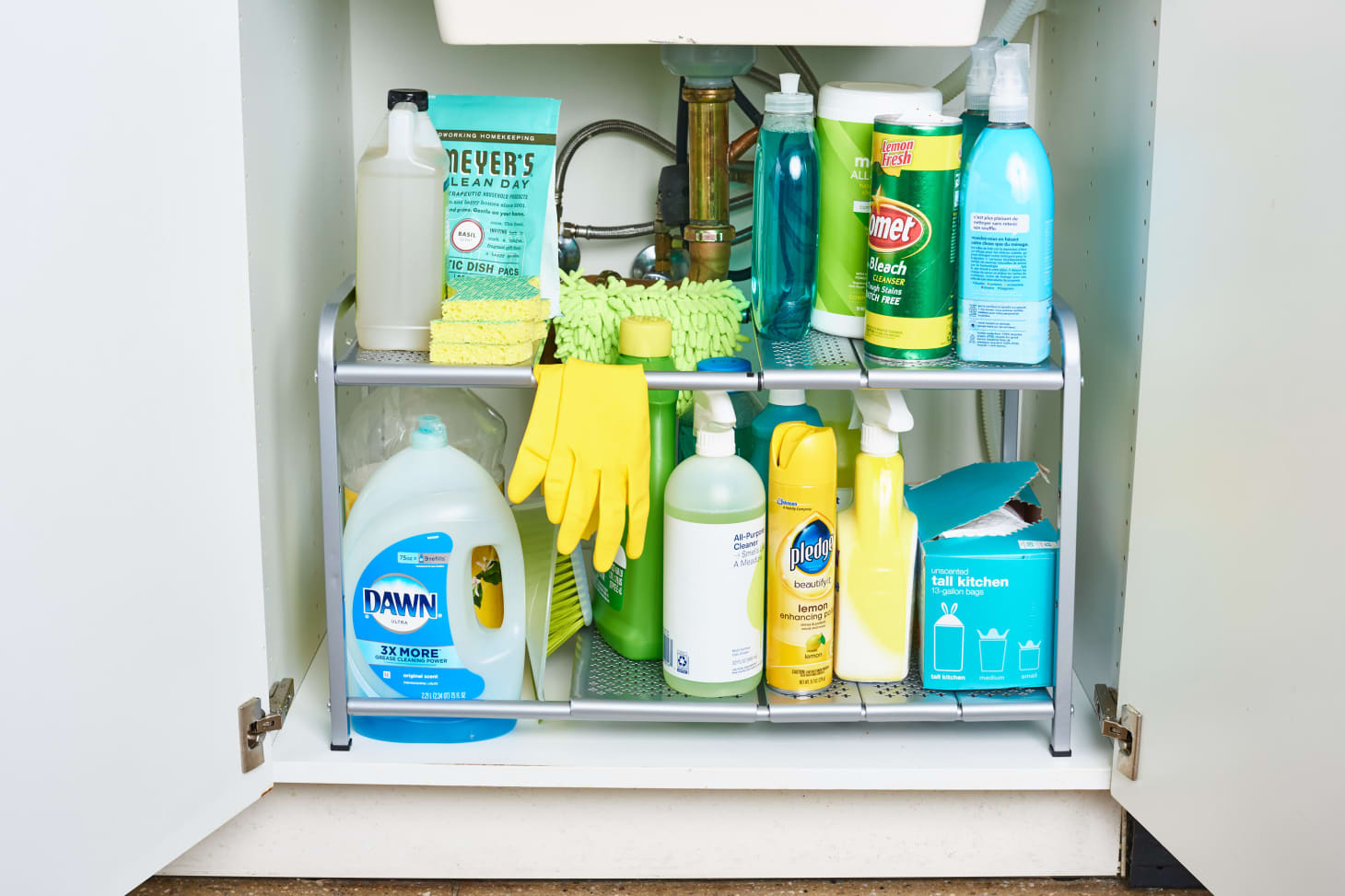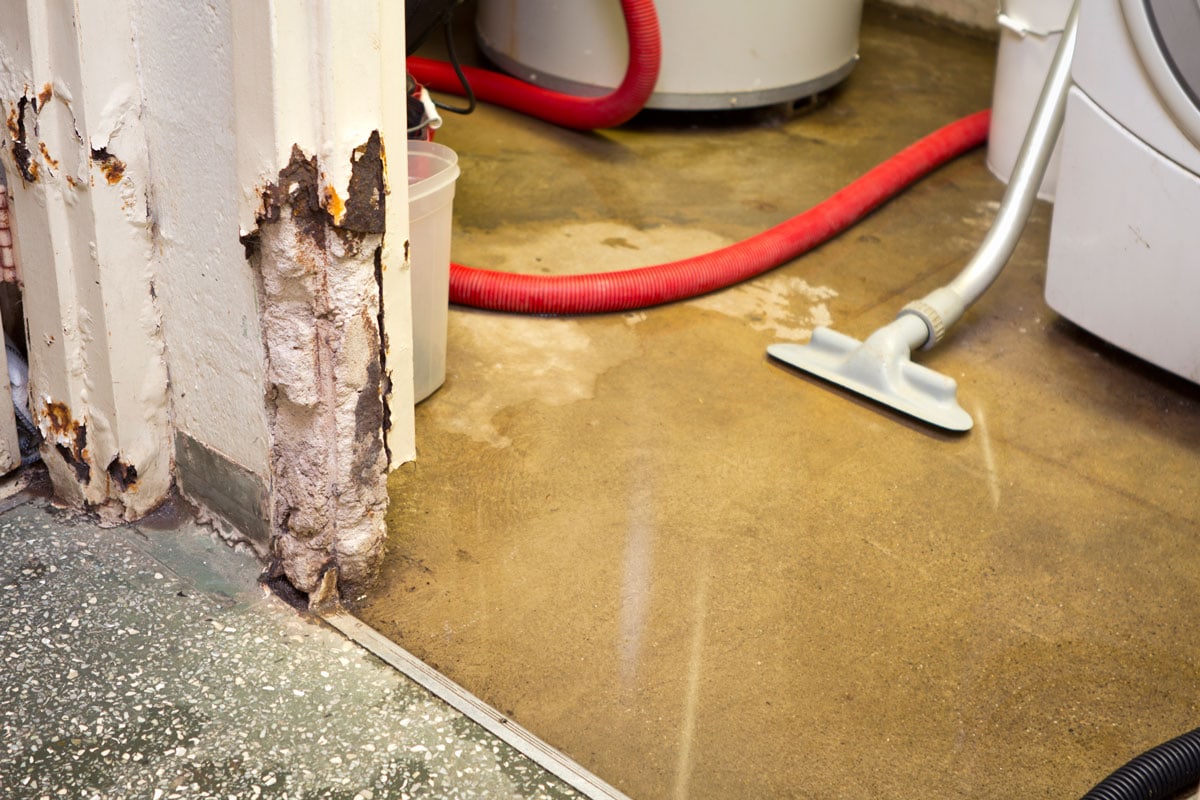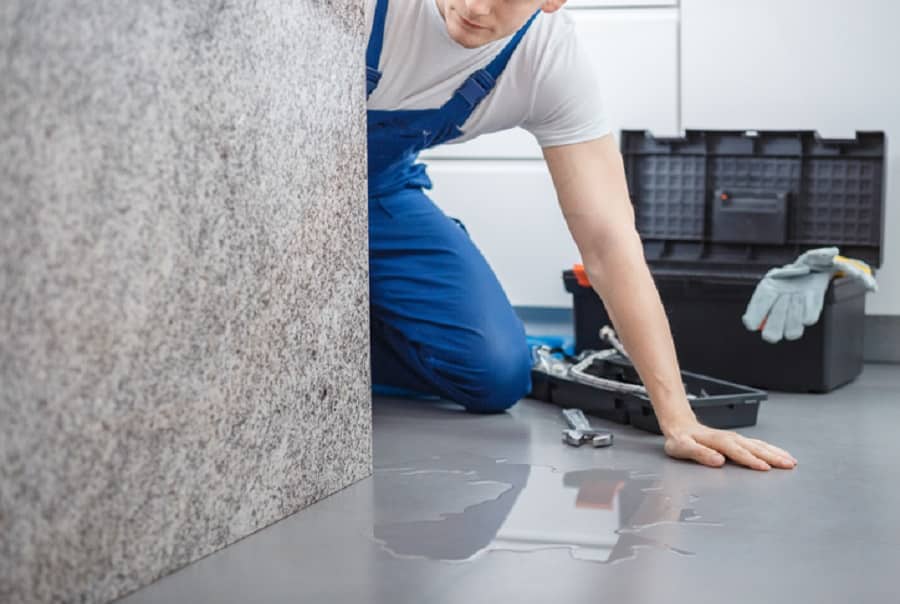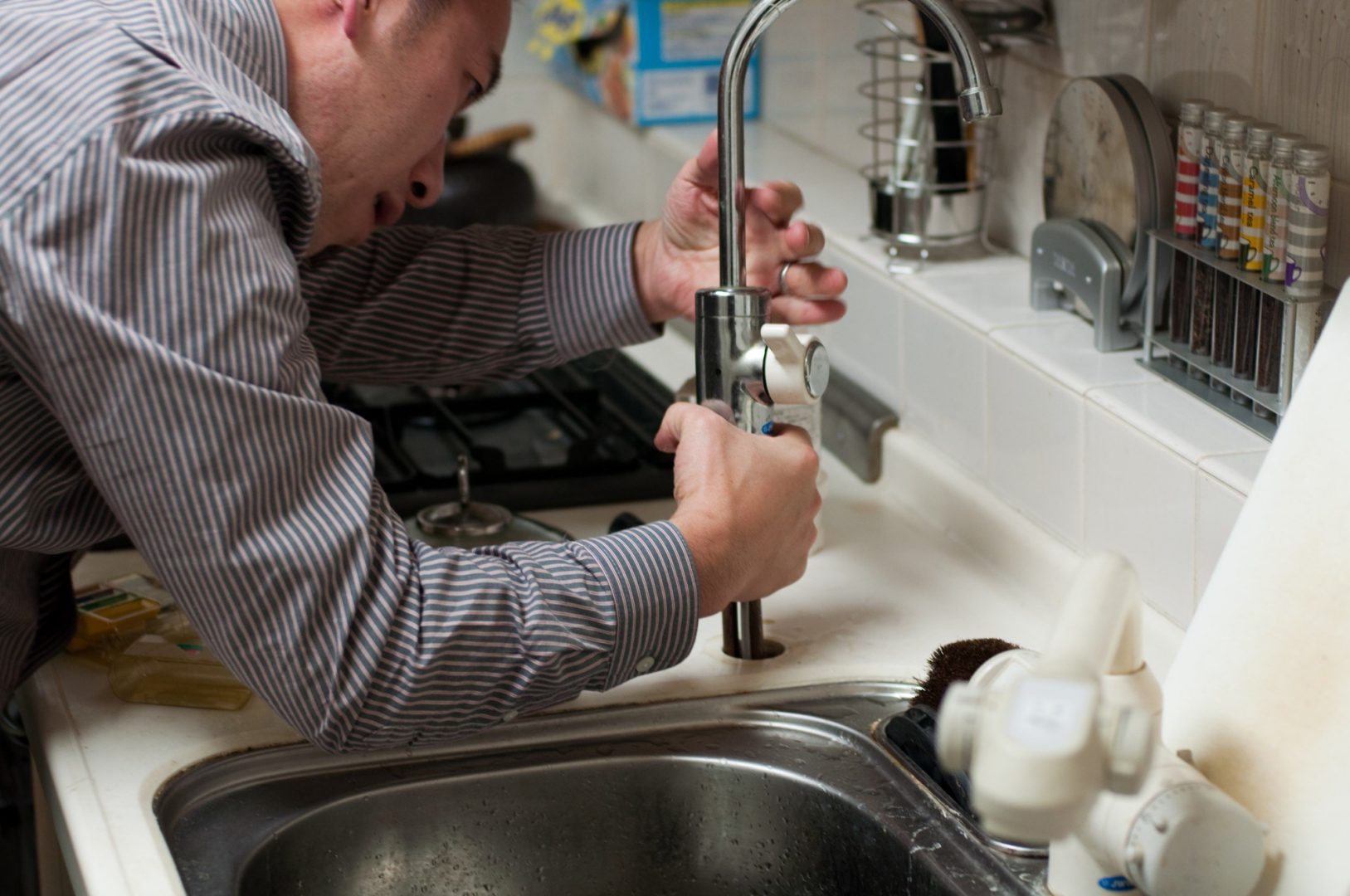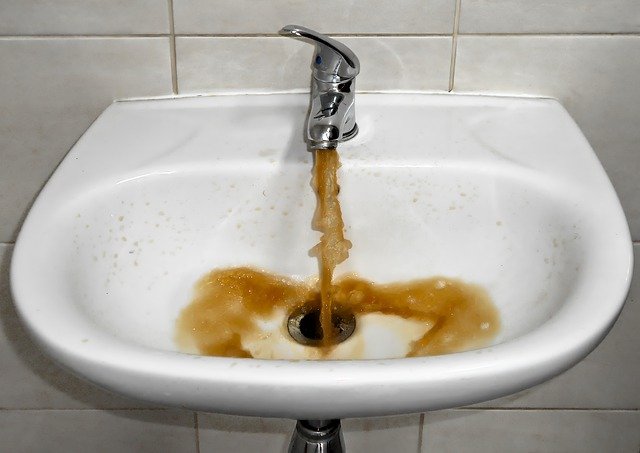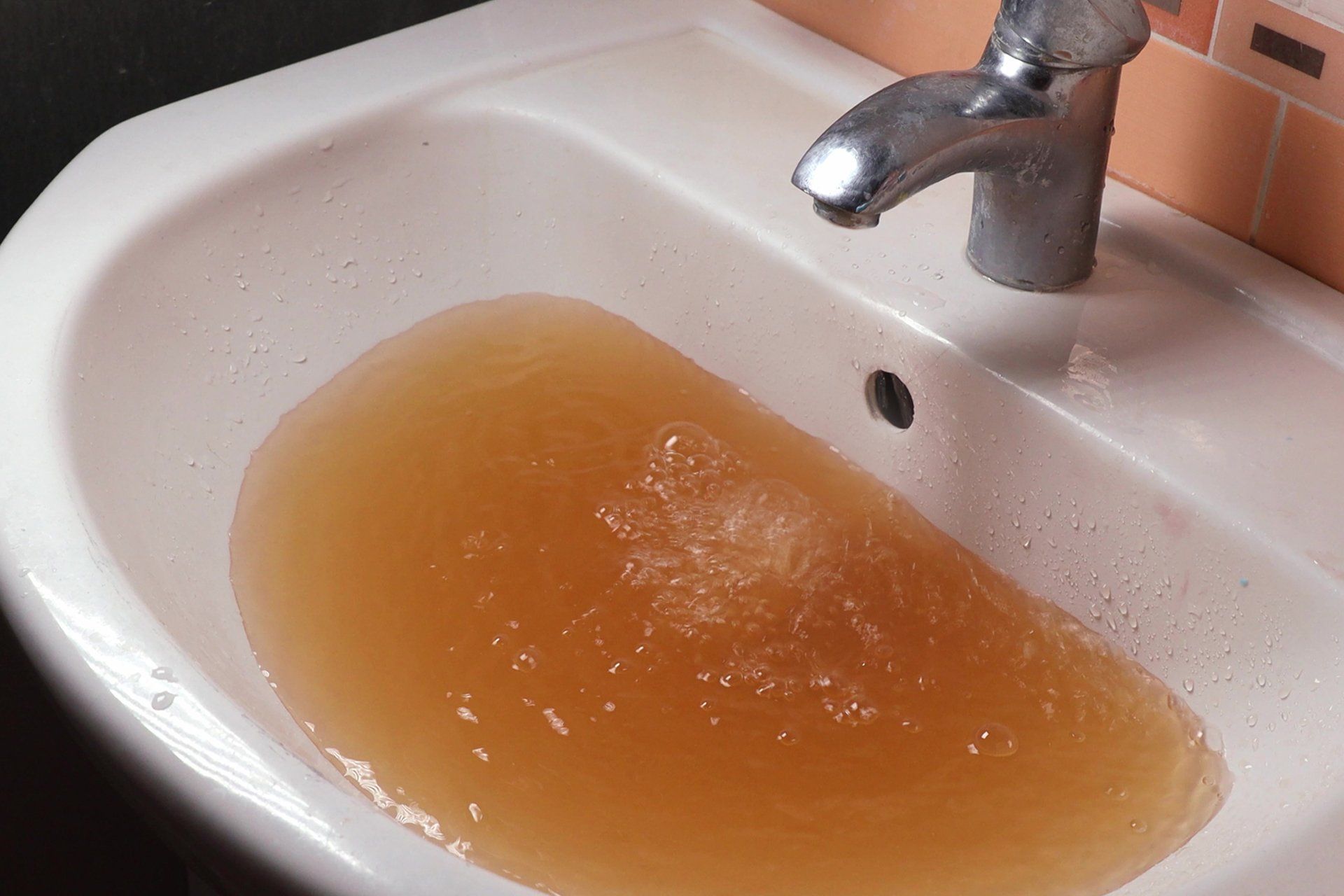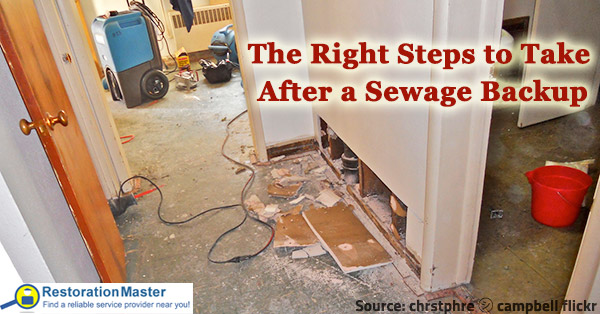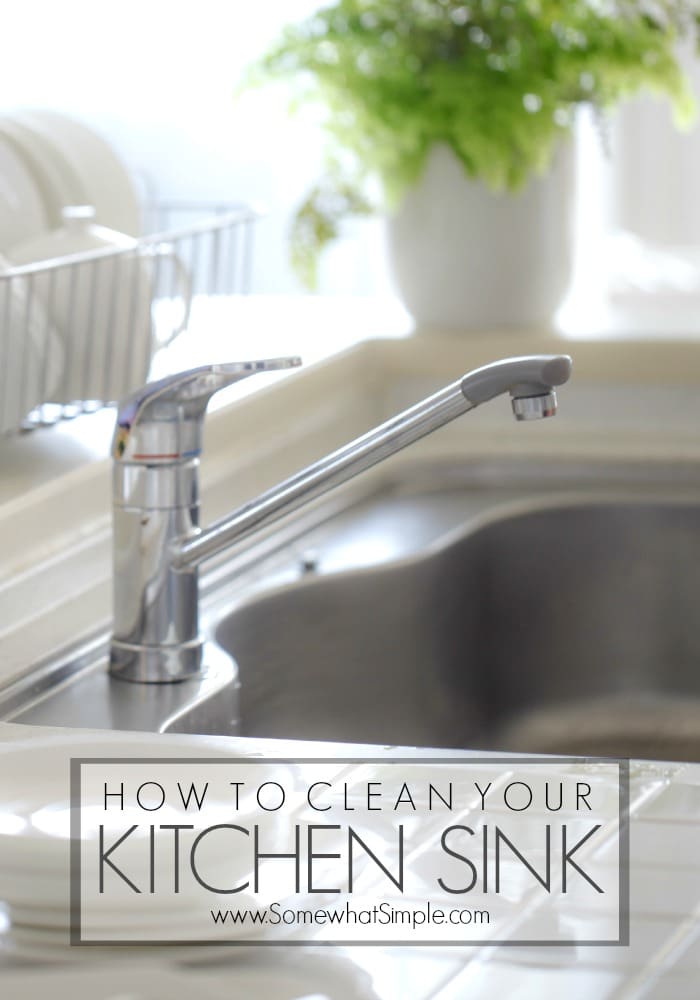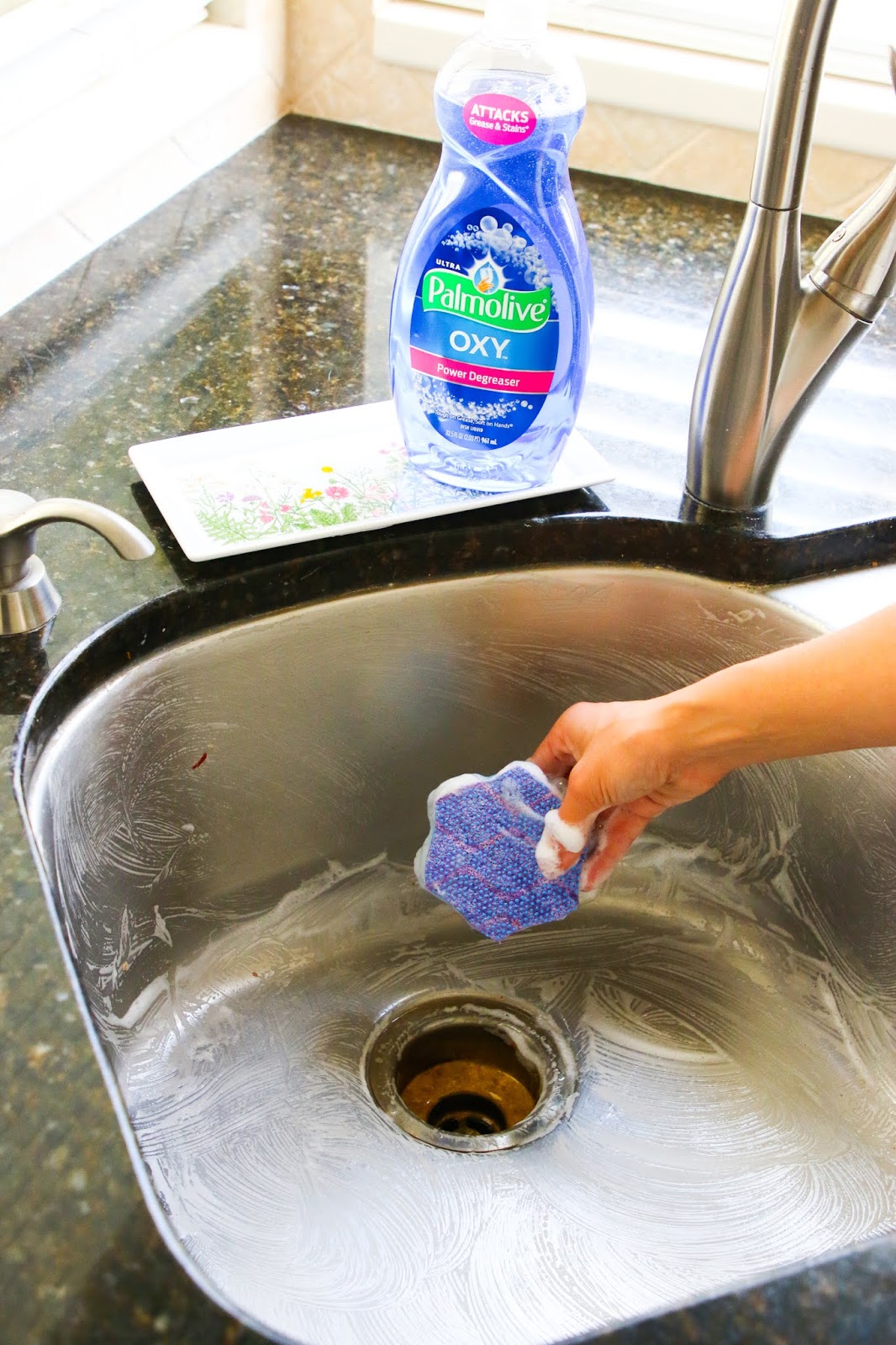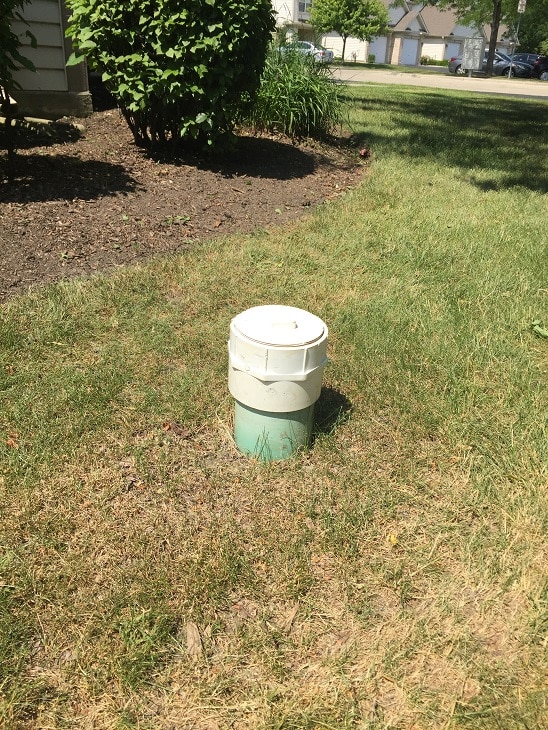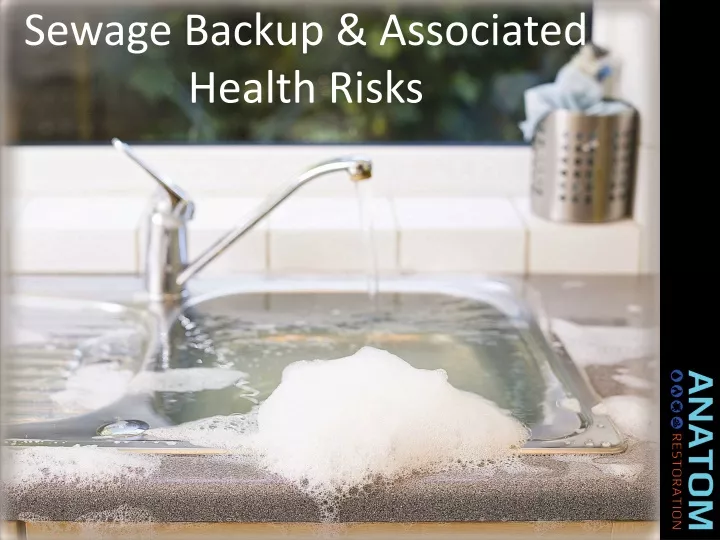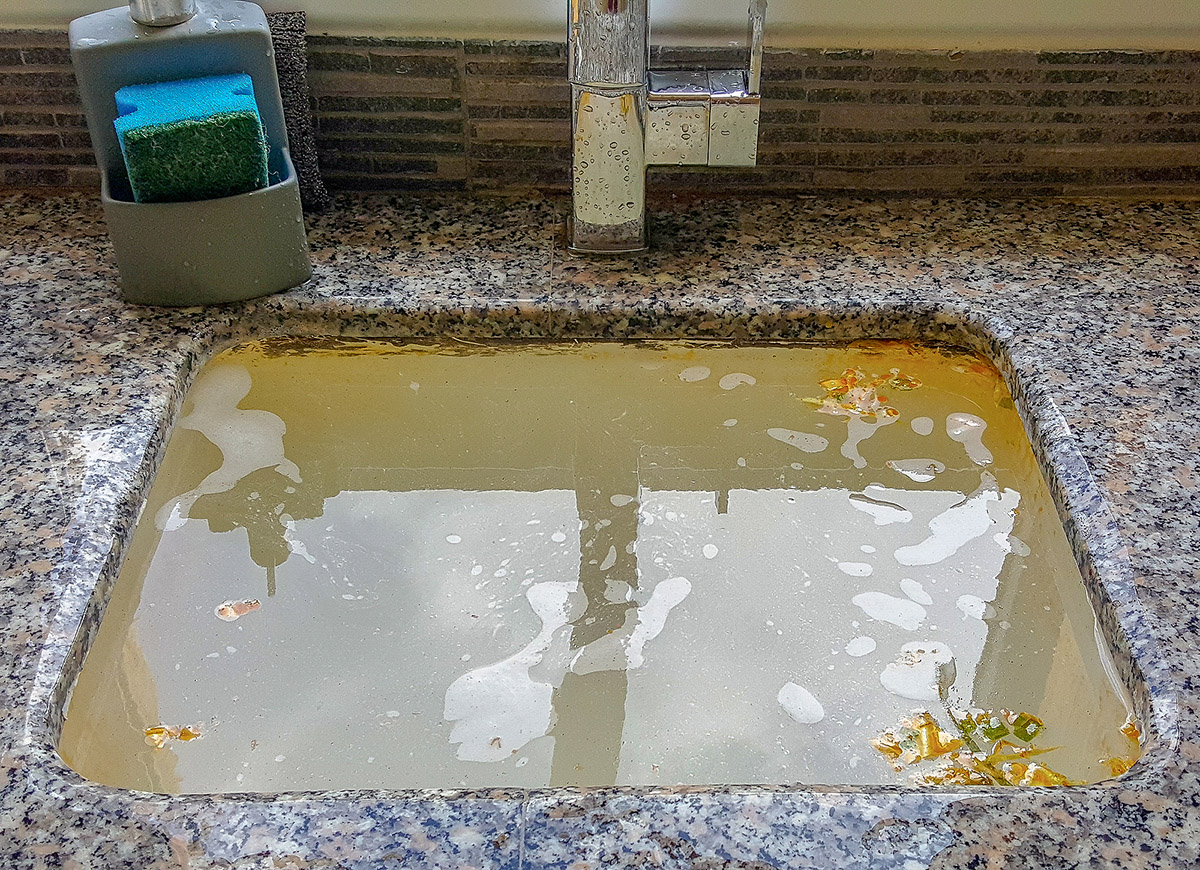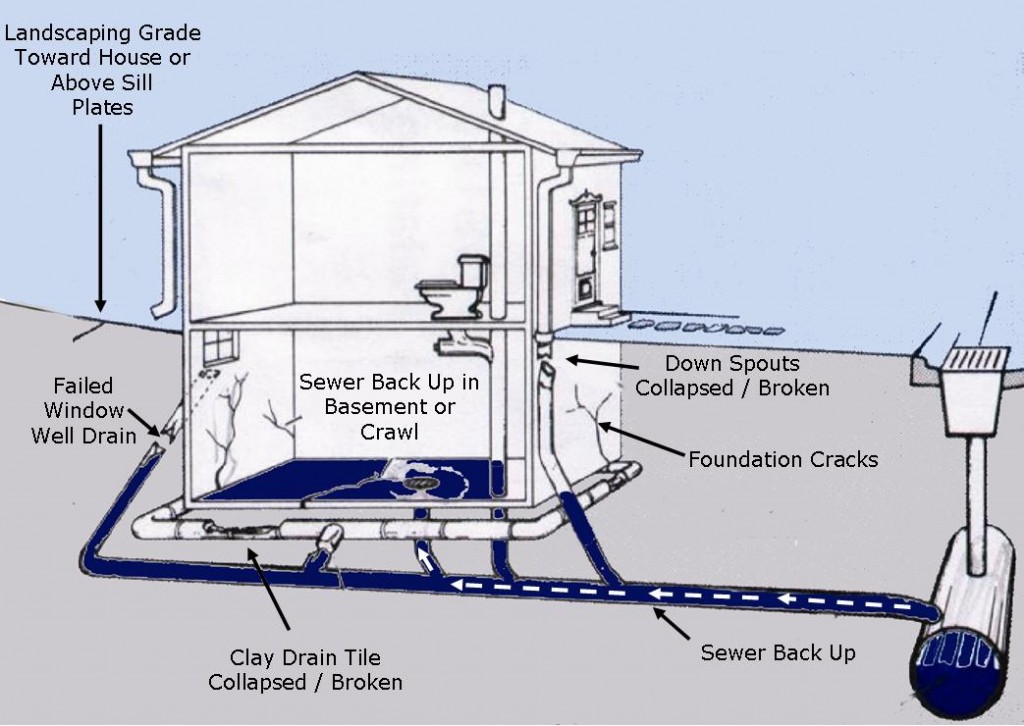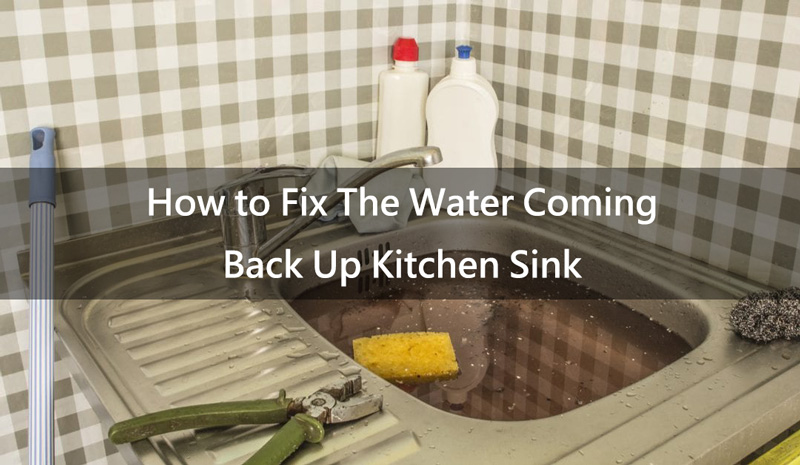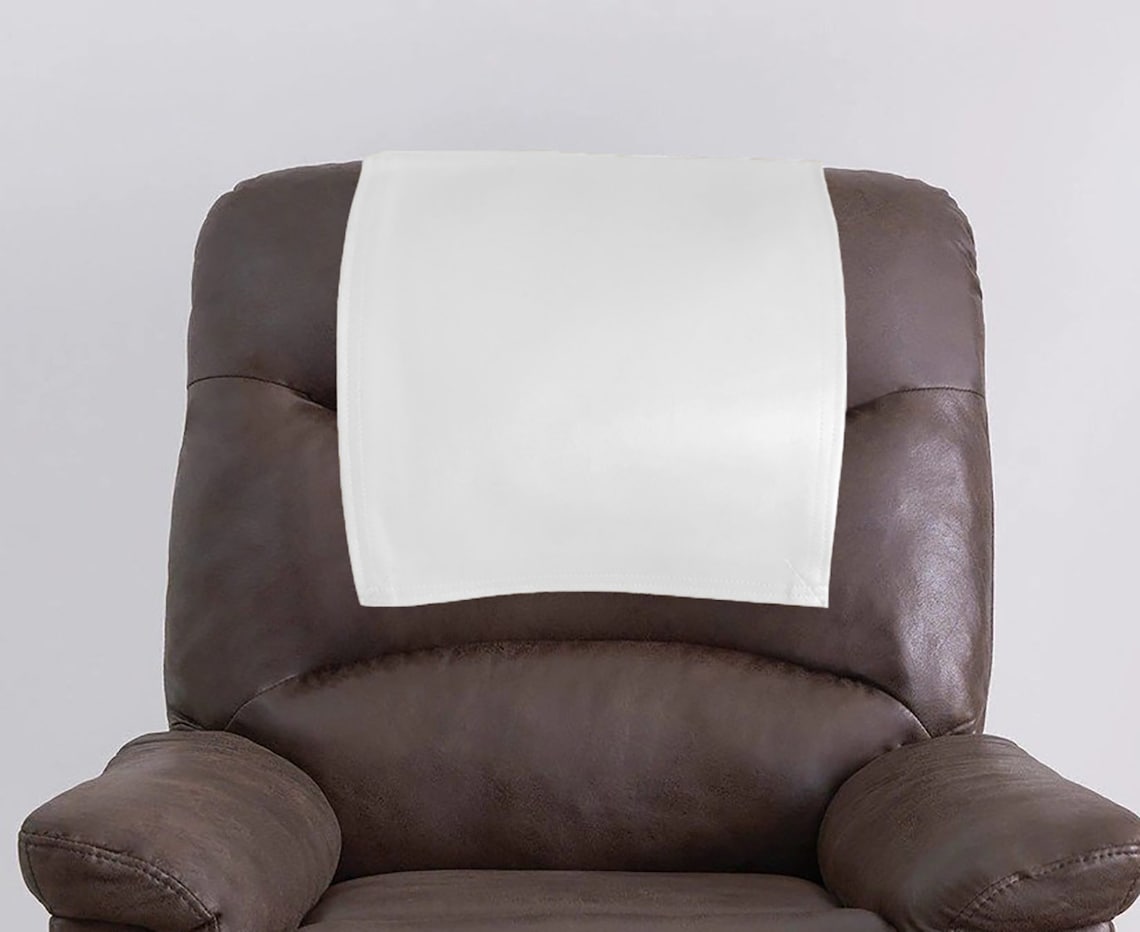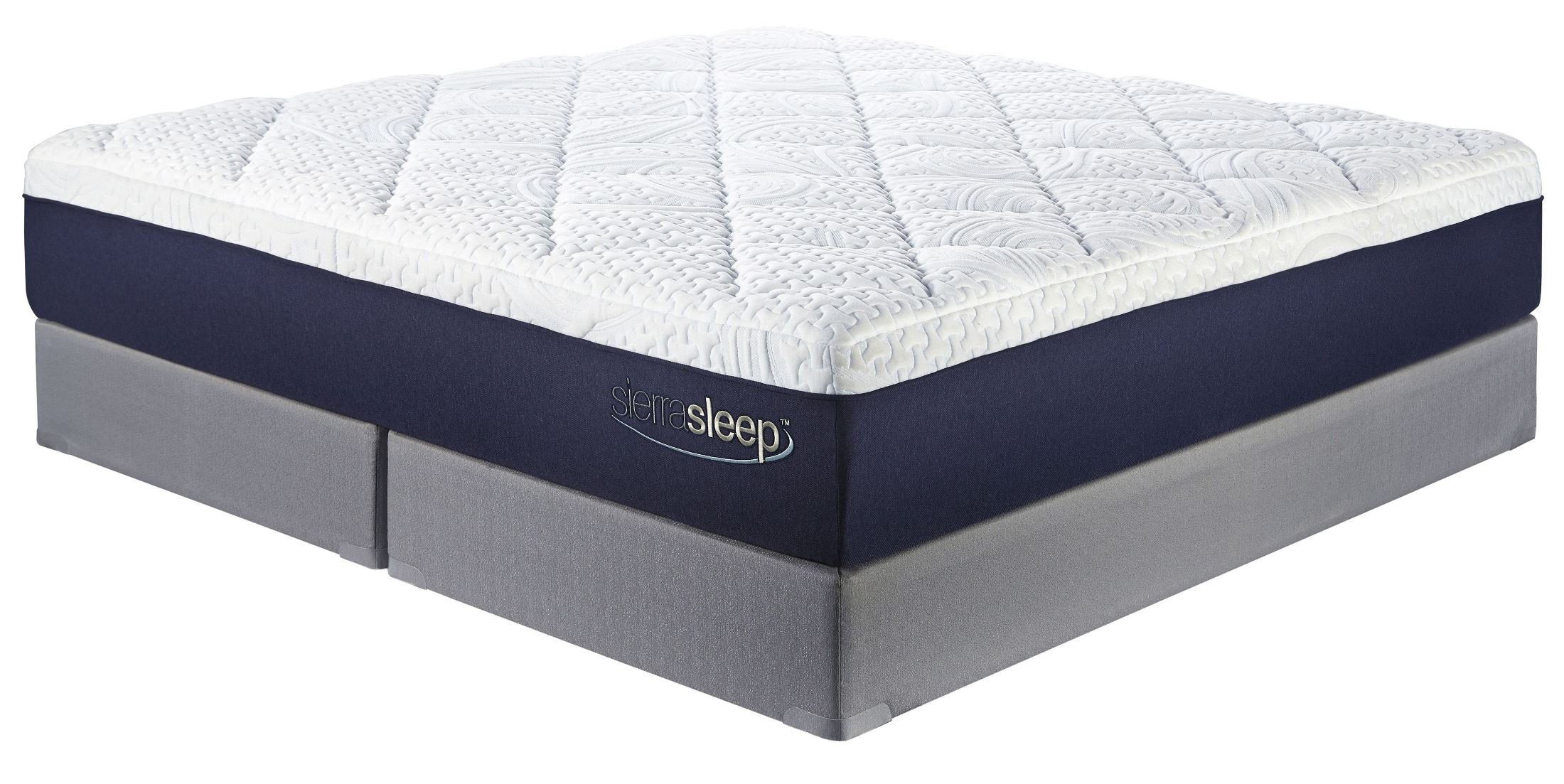How to Fix a Sewage Backup in Your Kitchen Sink
If you've ever experienced a sewage backup in your kitchen sink, you know how unpleasant and frustrating it can be. Dealing with the mess and odor can be overwhelming, but with the right knowledge and steps, you can fix the problem and prevent it from happening again.
If you're facing a sewage backup in your kitchen sink, here are 10 steps you can take to fix it and keep your kitchen clean and functional.
What to Do When Sewage Comes Up Your Kitchen Sink
When sewage comes up your kitchen sink, the first thing you should do is to turn off the water supply to your sink. This will prevent any additional waste from coming up and causing more damage. Next, assess the situation and determine if you can handle it yourself or if you need professional help.
If the backup is minor and you feel comfortable dealing with it, follow the steps below. However, if the backup is severe or you're unsure of what to do, it's best to call a plumber for assistance.
Causes of Sewage Backup in Kitchen Sink
There are several reasons why sewage may back up in your kitchen sink. Some common causes include a clog in the main sewer line, a clog in the kitchen sink drain, or a problem with your septic system. Other potential causes include tree roots growing into the sewer line and old or damaged pipes.
In some cases, a buildup of grease, food scraps, or other debris in the pipes can also lead to a sewage backup. Knowing the cause can help you prevent future backups and address the issue effectively.
Preventing Sewage from Coming Up Your Kitchen Sink
The best way to deal with a sewage backup in your kitchen sink is to prevent it from happening in the first place. Regular maintenance and proper usage can go a long way in preventing backups. Here are a few tips to keep in mind:
Signs of a Sewage Backup in Your Kitchen Sink
The first sign of a sewage backup in your kitchen sink is usually a foul odor. Other signs to watch out for include slow drainage, gurgling sounds coming from the pipes, and sewage coming up the drain. If you notice any of these signs, it's important to take action as soon as possible to prevent further damage.
DIY Solutions for Sewage Backup in Kitchen Sink
If the backup is minor and you feel comfortable handling it yourself, there are a few DIY solutions you can try. The first step is to use a plunger to try and dislodge the blockage. If that doesn't work, you can try using a plumbing snake to break up the clog.
You can also try pouring hot water and vinegar down the drain to dissolve any grease or debris. However, be cautious and avoid using chemical drain cleaners as they can cause more harm than good.
Professional Help for Sewage Backup in Kitchen Sink
In some cases, a sewage backup may require professional assistance. If the backup is severe or the DIY solutions didn't work, it's best to call a plumber. A professional plumber will have the necessary tools and expertise to handle the problem and ensure it doesn't happen again.
They can also inspect your pipes and identify any underlying issues that may have caused the backup. This will help prevent future backups and save you from costly repairs in the long run.
How to Clean Up Sewage in Your Kitchen Sink
Cleaning up a sewage backup in your kitchen sink can be a messy and unpleasant task, but it's important to do it properly to prevent any health hazards. Start by wearing protective gear such as gloves and a mask to avoid direct contact with the waste.
Next, use a mixture of hot water and bleach to disinfect the affected area. You can also use a commercial disinfectant specifically designed for sewage cleanup. Thoroughly clean and sanitize the sink, drain, and surrounding areas to ensure all bacteria and germs are eliminated.
Health Risks of Sewage Backup in Kitchen Sink
A sewage backup in your kitchen sink can pose serious health risks if not handled properly. Raw sewage contains harmful bacteria and viruses that can cause illnesses and infections. It's important to take precautions and clean up the mess promptly to protect yourself and your family from these health hazards.
Common Causes of Sewage Coming Up Kitchen Sink
As mentioned earlier, there are several potential causes of sewage coming up your kitchen sink. Some of the most common include clogs in the main sewer line or kitchen sink drain, issues with the septic system, and tree roots growing into the pipes. Knowing the cause can help you prevent backups and address the issue effectively.
In conclusion, a sewage backup in your kitchen sink is a messy and unpleasant problem, but it can be fixed. By following the steps outlined above, you can effectively handle the backup and prevent it from happening again. Remember to take regular maintenance and preventive measures to keep your kitchen sink and plumbing system in top shape. If the backup is severe or you're unsure of what to do, don't hesitate to call a professional for assistance.
Why Sewage Coming Up Kitchen Sink Is a Serious Problem for House Design

Understanding the Source of the Issue
 Sewage coming up the kitchen sink is a common problem that many homeowners face. It is not only unpleasant and inconvenient, but it can also be a sign of a more serious issue with your house design. This issue is typically caused by a clog or blockage in your plumbing system, which can be caused by a variety of factors such as grease buildup, tree roots, or even foreign objects being flushed down the drain. If left untreated, it can lead to further damage and costly repairs. Therefore, it is important to address this issue as soon as possible.
Sewage coming up the kitchen sink is a common problem that many homeowners face. It is not only unpleasant and inconvenient, but it can also be a sign of a more serious issue with your house design. This issue is typically caused by a clog or blockage in your plumbing system, which can be caused by a variety of factors such as grease buildup, tree roots, or even foreign objects being flushed down the drain. If left untreated, it can lead to further damage and costly repairs. Therefore, it is important to address this issue as soon as possible.
The Impact on Your House Design
/how-to-install-a-sink-drain-2718789-hero-24e898006ed94c9593a2a268b57989a3.jpg) Apart from the obvious unpleasantness of sewage coming up your kitchen sink, it can also have a significant impact on your house design. The sewage backup can cause damage to your flooring, cabinets, and walls, which can be costly to repair or replace. In addition, the foul odor can make your home uncomfortable to live in and can even affect your health. Furthermore, if the issue is not resolved, it can lead to more serious problems such as water damage and mold growth, which can compromise the structural integrity of your house.
Apart from the obvious unpleasantness of sewage coming up your kitchen sink, it can also have a significant impact on your house design. The sewage backup can cause damage to your flooring, cabinets, and walls, which can be costly to repair or replace. In addition, the foul odor can make your home uncomfortable to live in and can even affect your health. Furthermore, if the issue is not resolved, it can lead to more serious problems such as water damage and mold growth, which can compromise the structural integrity of your house.
Prevention and Solutions
 The best way to avoid sewage coming up your kitchen sink is to prevent it from happening in the first place. Regular maintenance of your plumbing system, such as clearing out grease and debris from your drains, can help prevent clogs and backups. It is also important to be mindful of what you flush down your drains. Items such as paper towels, feminine products, and cooking oils should never be flushed as they can cause blockages. If you are already experiencing sewage backup, it is best to call a professional plumber to address the issue. They have the necessary tools and expertise to properly clear the clog and prevent it from happening again.
In Conclusion
Sewage coming up the kitchen sink is not only a nuisance, but it can also be a warning sign of a bigger problem with your house design. Regular maintenance and proper disposal of items can help prevent this issue, but if it does occur, it is best to seek professional help to resolve it. Don't let this problem go unaddressed, as it can lead to costly repairs and potential health hazards.
The best way to avoid sewage coming up your kitchen sink is to prevent it from happening in the first place. Regular maintenance of your plumbing system, such as clearing out grease and debris from your drains, can help prevent clogs and backups. It is also important to be mindful of what you flush down your drains. Items such as paper towels, feminine products, and cooking oils should never be flushed as they can cause blockages. If you are already experiencing sewage backup, it is best to call a professional plumber to address the issue. They have the necessary tools and expertise to properly clear the clog and prevent it from happening again.
In Conclusion
Sewage coming up the kitchen sink is not only a nuisance, but it can also be a warning sign of a bigger problem with your house design. Regular maintenance and proper disposal of items can help prevent this issue, but if it does occur, it is best to seek professional help to resolve it. Don't let this problem go unaddressed, as it can lead to costly repairs and potential health hazards.




